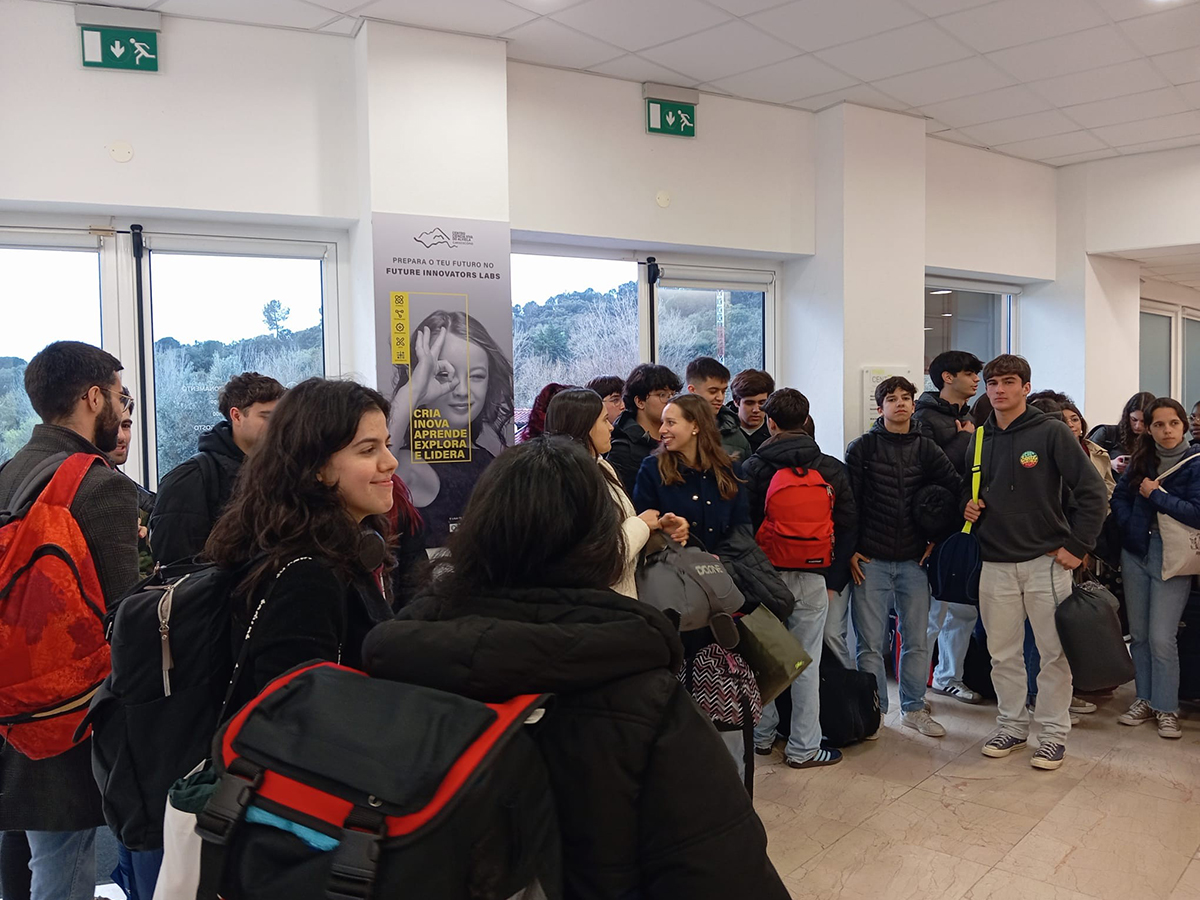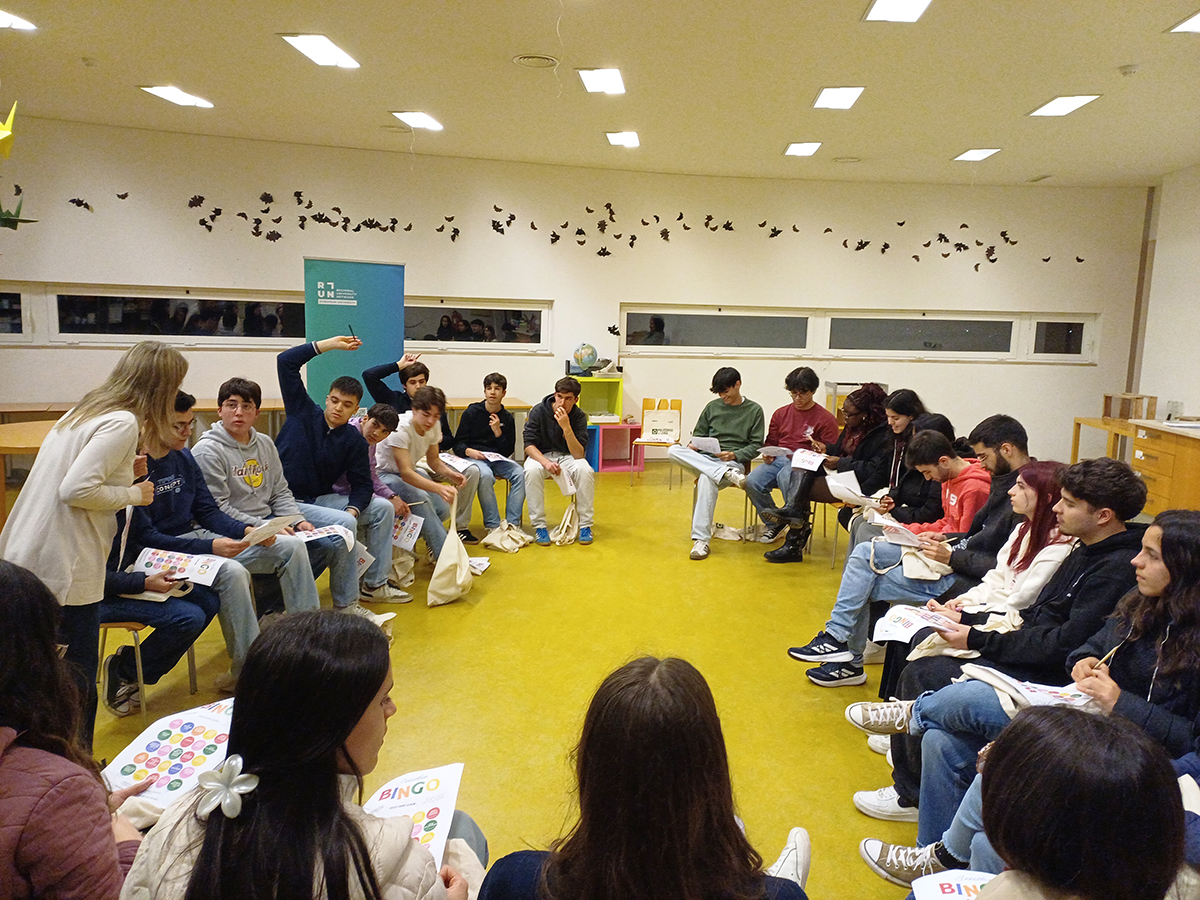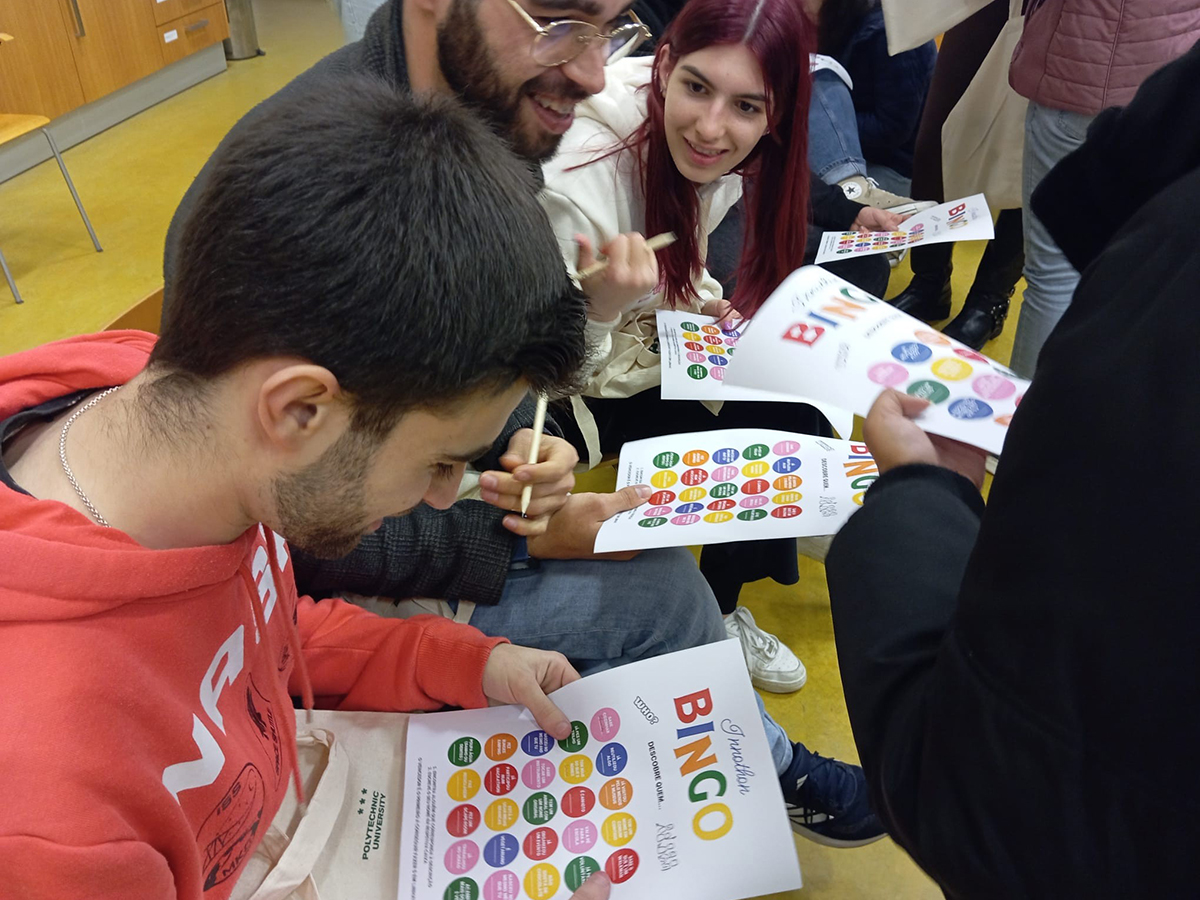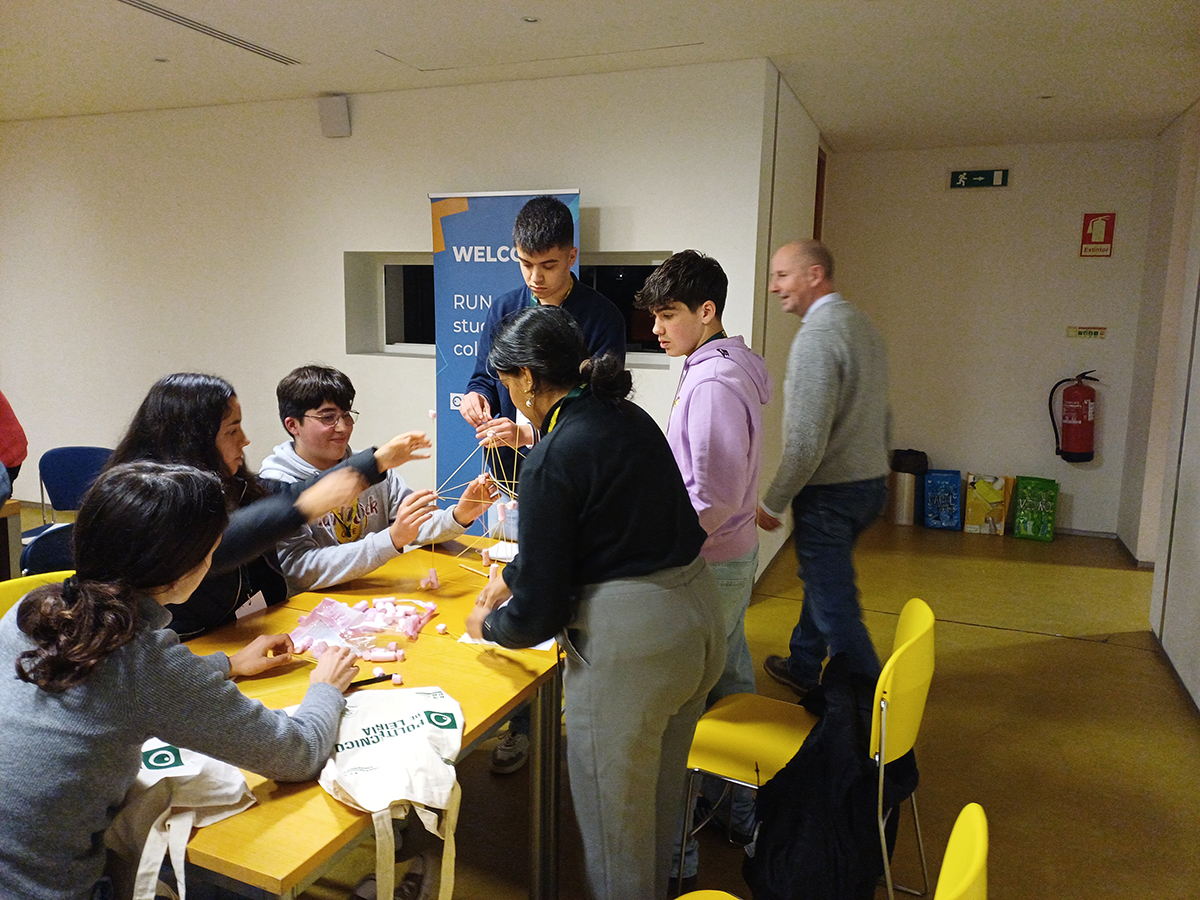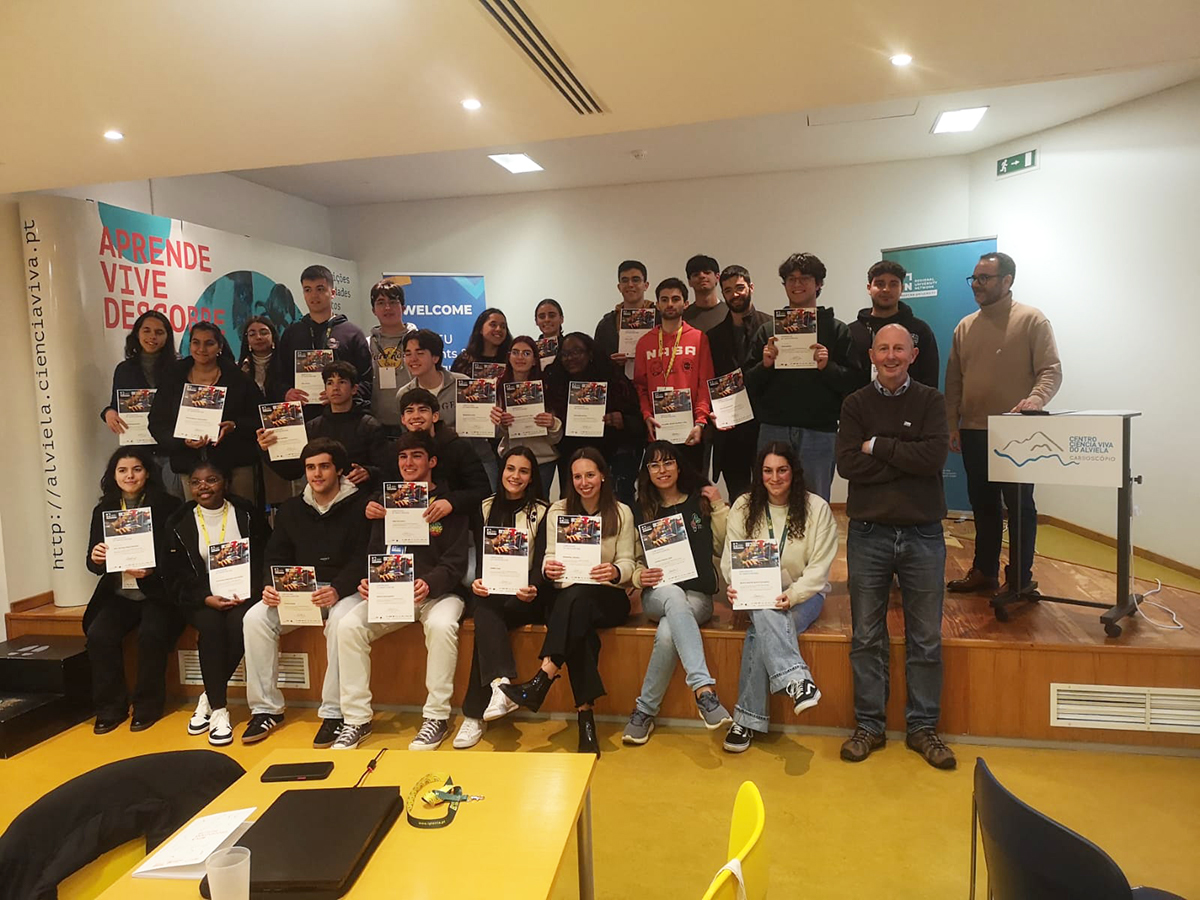NEWS
RUN-EU Innothons 2025
23 May 2025
The Innothons are innovation hackathons organised by the Regional University Network – European University (RUN-EU).
These events bring together pre-university and university students to address challenges related to innovation and often focus on themes like the circular economy and sustainable tourism.
Innothons are a way for RUN-EU to foster collaboration and innovation among its members, and have been held at various institutions within the RUN-EU network, including the TUS, IPLeiria, IPCA, HAMK, NHL Stenden, FHV, UBU and Howest, with themes ranging from circular economy to food waste reduction.
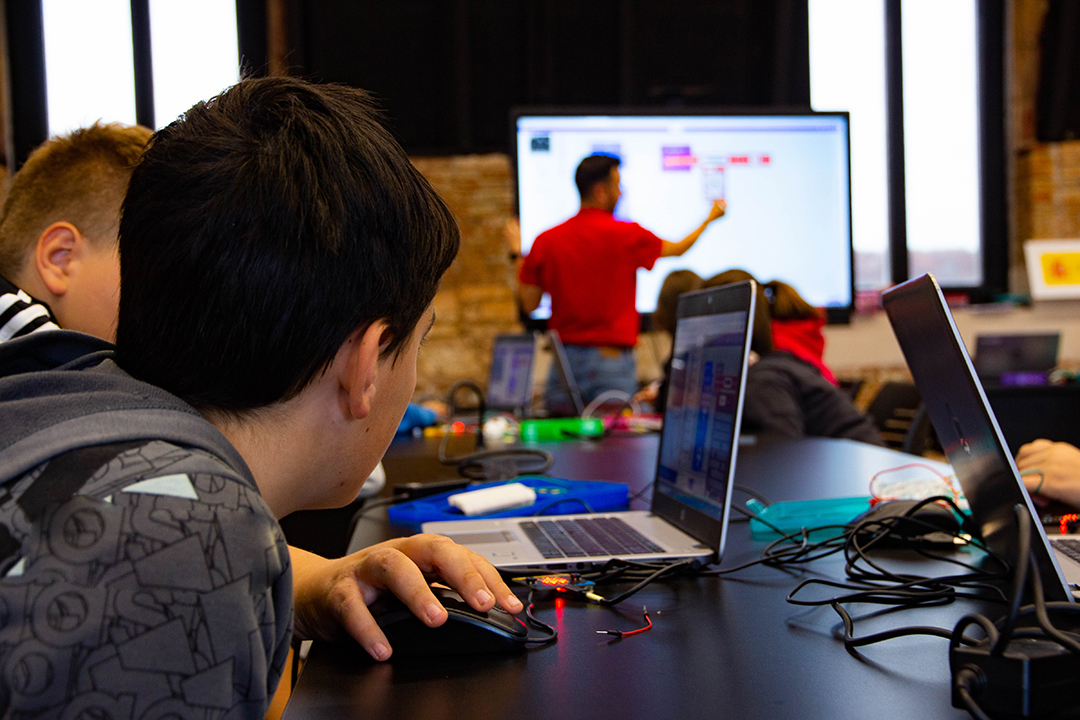
RUN-EU Innothon: Food Waste Challenge in Forssa, Finland
The Häme University of Applied Sciences (HAMK) hosted the RUN-EU Innothon ‘Food Waste Challenge’. The goal was to bring together high school students and HAMK students to co-create solutions for reducing food waste in Forssa and globally.
Food waste is a challenge that affects us all. Globally, approximately a third (33%) of all food produced for human consumption is lost or wasted.
HAMK is tackling the food waste challenge in several ongoing European Union Co-funded projects, including the KOTILO project and CIBUS project. Supporting the aims of these projects, reducing food waste was selected as a topic for RUN-EU Innothon. Due to unexpected circumstances, the event was organised in two parts. The first part involving high school students from Tavastia General Upper Secondary Education in Hämeenlinna, and the second part involving HAMK students from Forssa.
Food Waste Challenge Part 1
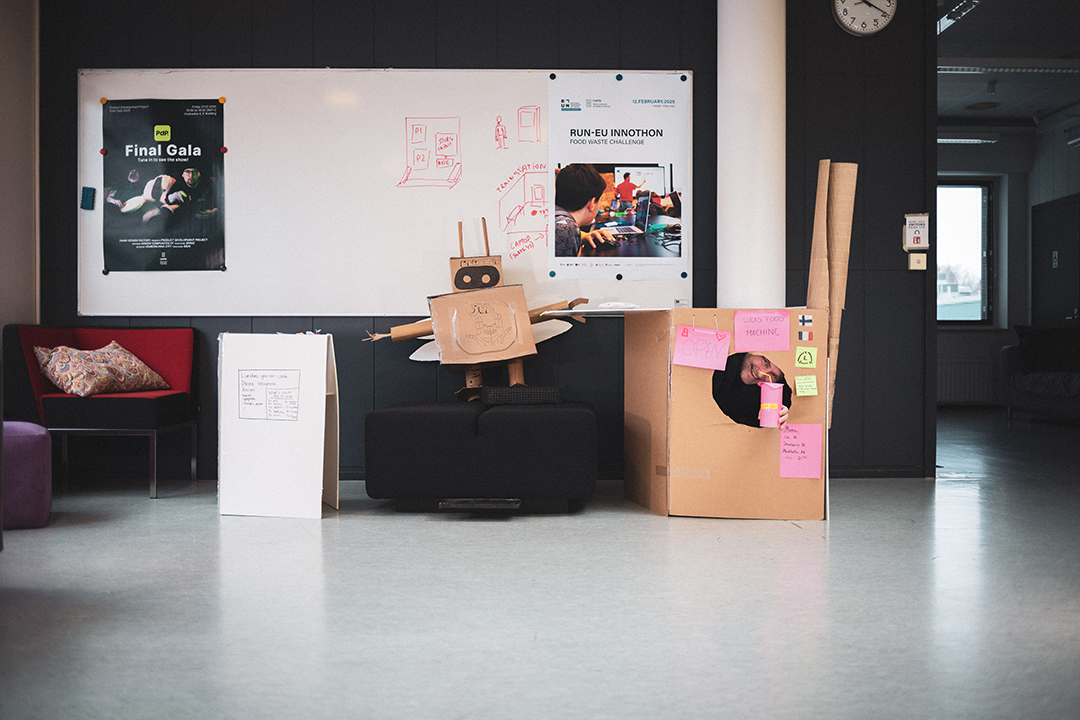
The first part of the ‘Food Waste Challenge’ took place on 5 February in Hämeenlinna. High school students from Hämeenlinna, Finland and Bourdeaux, France.
Students had a pre-task for this Innothon challenge, and according to the task, they needed to list all recycled elements in their home counties, especially concentrating on food waste. Differences were significant, and we are certain that we can learn from both countries.
Three winning solutions emerged from the challenge.
One introduced a robot that took care of the leftover food collection and processing, replacing the human task of sorting waste. Another was an intelligent fridge that displayed what meals could be cooked from the material inside the fridge. The third solution was Lucas Food Machine, which processed all leftover food material into delicious drinks and recycled food, such as Lucas recycled chips from leftover potatoes.
Food Waste Challenge Part 2
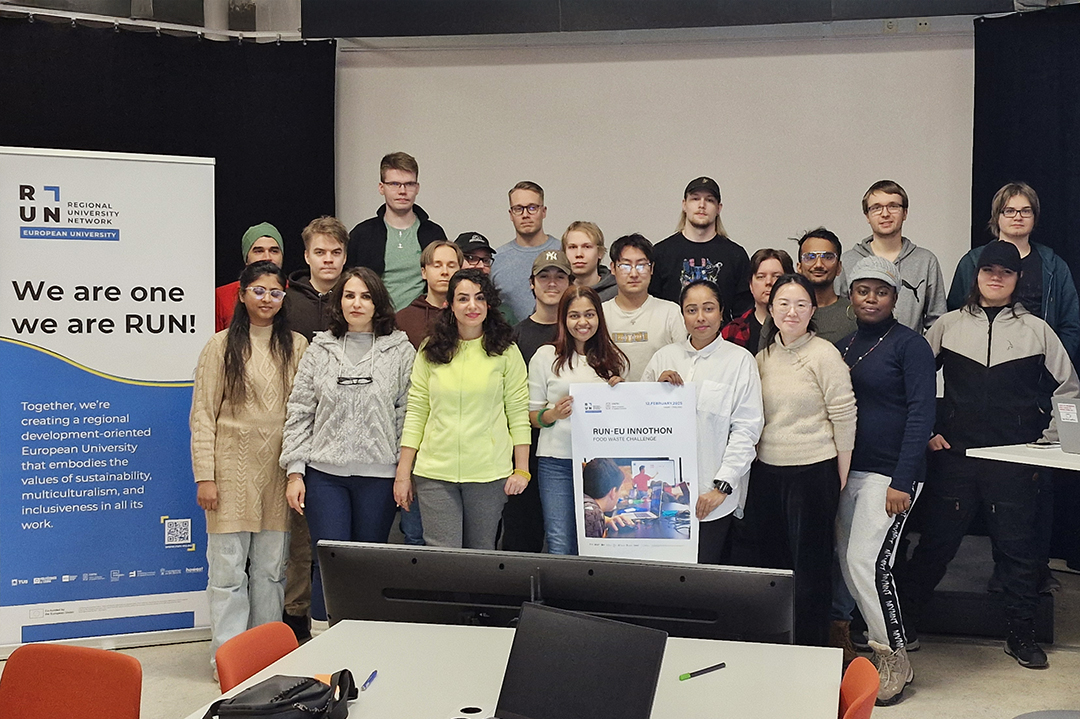
The second part of the ‘Food Waste Challenge’ took place as scheduled on 12 February 2025 in Forssa. HAMK’s RUN-EU Coordinator Milla Koivulahti introduced what RUN-EU is and what kind of learning opportunities it provides for the students. Project Engineer Antti Äikäs explained the challenge and why food waste is a significant issue. HAMK’s lecturers Sanna-Maaria Siintoharju and Johanna Salmia, and principal research scientist Jari Jussila facilitated the Innothon day.
Active first-year students from Information and Communication Technology, Circular Economy, Degree Programme formed five teams to work on the challenge. During the day, students developed solution prototypes to the challenge and created a poster of their solution. Their solutions addressed different parts of the food system, including food production and food consumption in homes and restaurants. Prototypes included a device measuring food condition in transportation, a machine that weighs food and proposes optimal recipes based on selections, a robot that delivers food, cooks the food and brings back leftover food, a ‘vending machine’ for selling leftover meals, and a system for smart food waste monitoring and reduction.
RUN-EU Innothon: Innovation Hackathon for the Action in Burgos, Spain
The University of Burgos (UBU) hosted the RUN-EU Innothon 2025 ‘Innovation Hackathon for the Action’, held on Friday and Saturday at the Science and Technology Station of the University of Burgos, has brought together more than 75 high school students (16 years old) from the institutes: Diego Pórcelos, Pintor Luis Sáez and Félix Rodríguez de la Fuente and from different university degrees at the UBU to jointly design solutions to depopulation and the flight of talent from the territory.
They have developed 12 creative and innovative solutions that will allow, through the circular economy, to achieve sustainable development in our region. The winning solutions of the Innothon UBU 2025 are: the collection of waste for the production of biodiesel and use in a karting circuit, the creation of a network of public transport connections, and the union of cooperatives: livestock, agricultural, and commercial to bring their products directly to the consumer. The UBU has had the collaboration and sponsorship of SODEBUR (Office for the development and promotion of Burgos – Provincial Council of Burgos) and PROBURGOS (Office for the promotion and development of the city of Burgos – City Council of Burgos).
This event, designed by UBU within the Future Innovators Labs (RUN-EU ESEC) project, will be held at the other seven partner universities of the RUN-EU alliance. Finally, a joint online meeting will be held between the winning teams from all countries, showing the solutions to the common challenge posed: sustainable development through the circular economy of our regions.
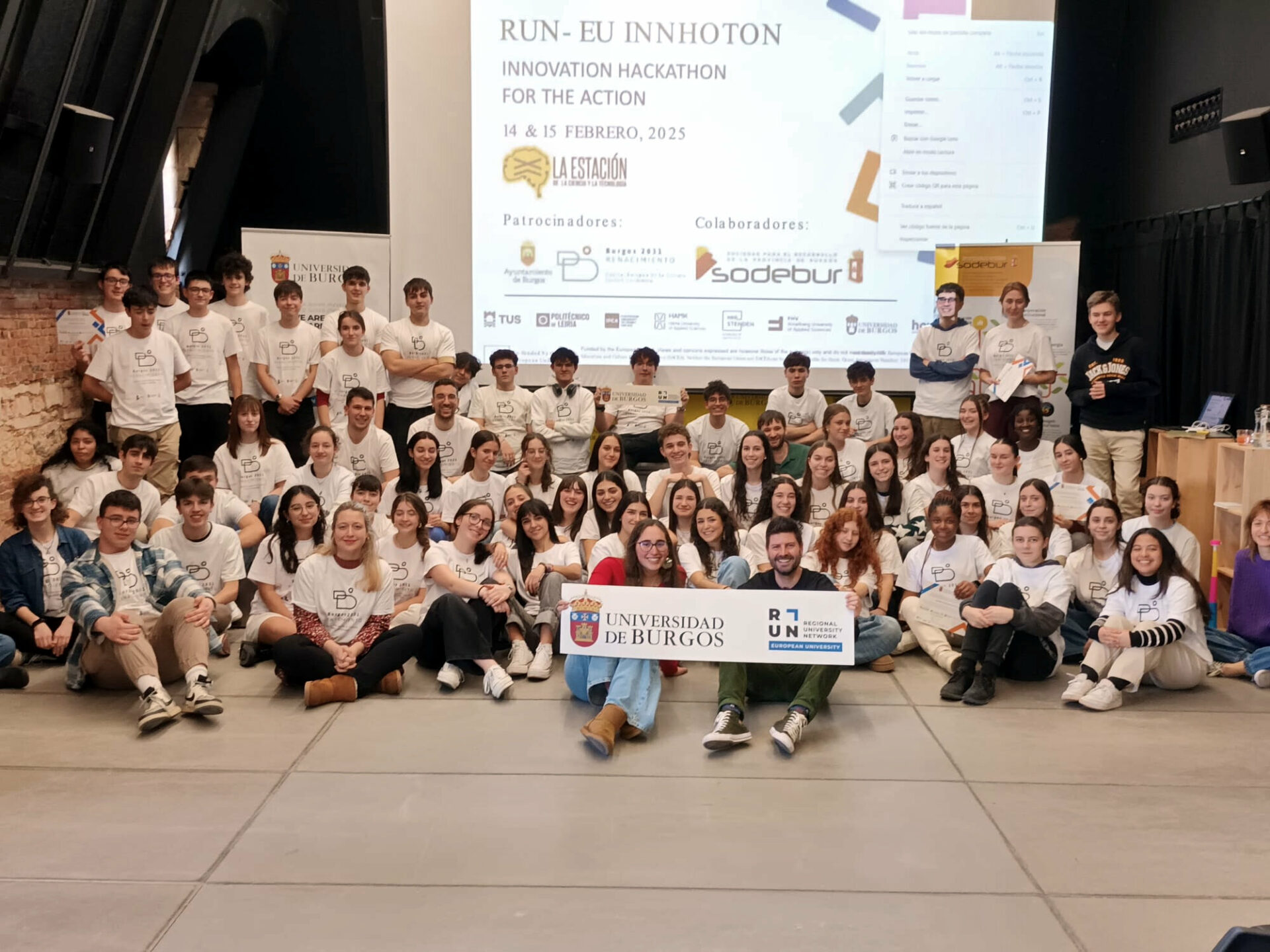
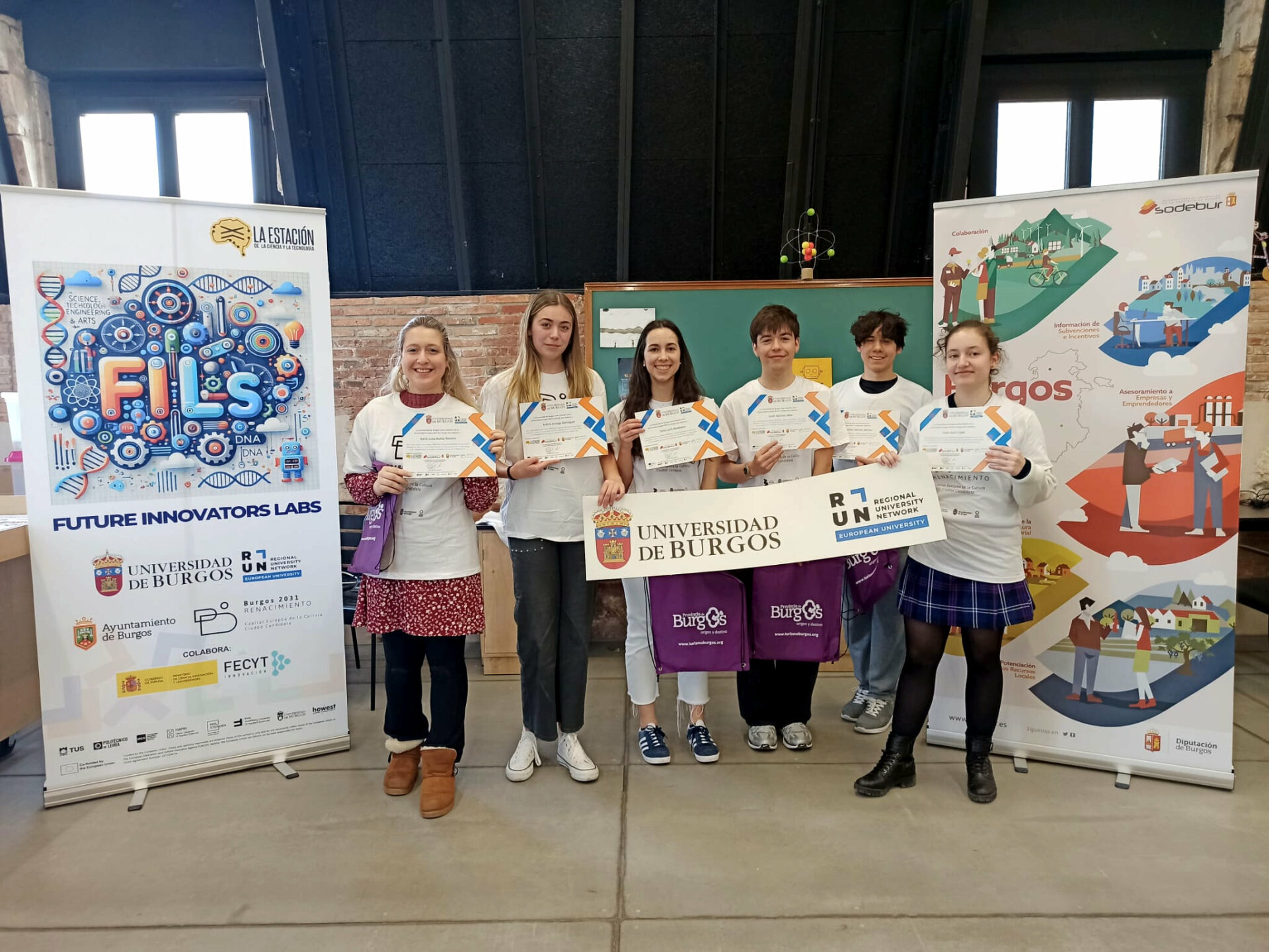
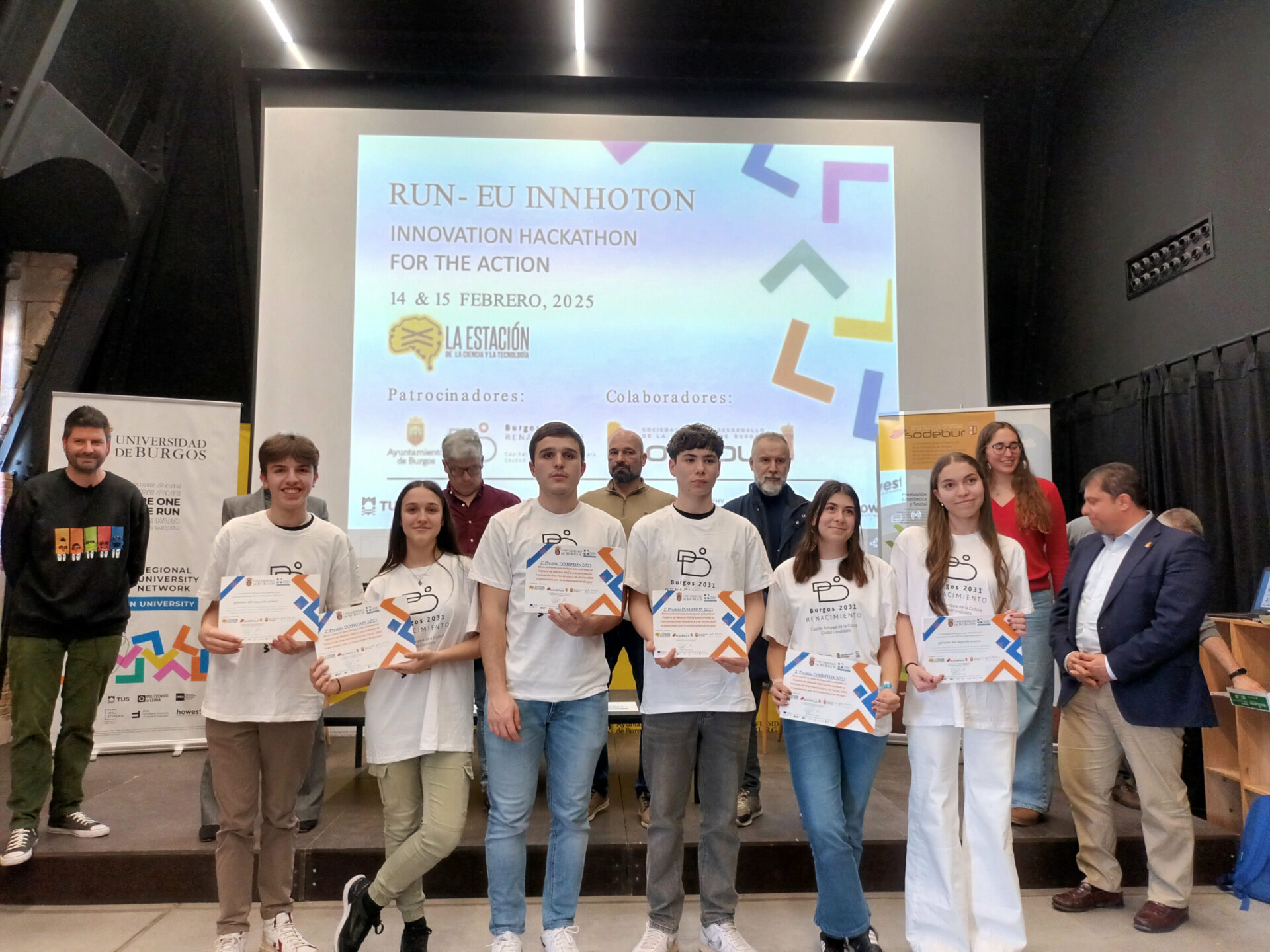
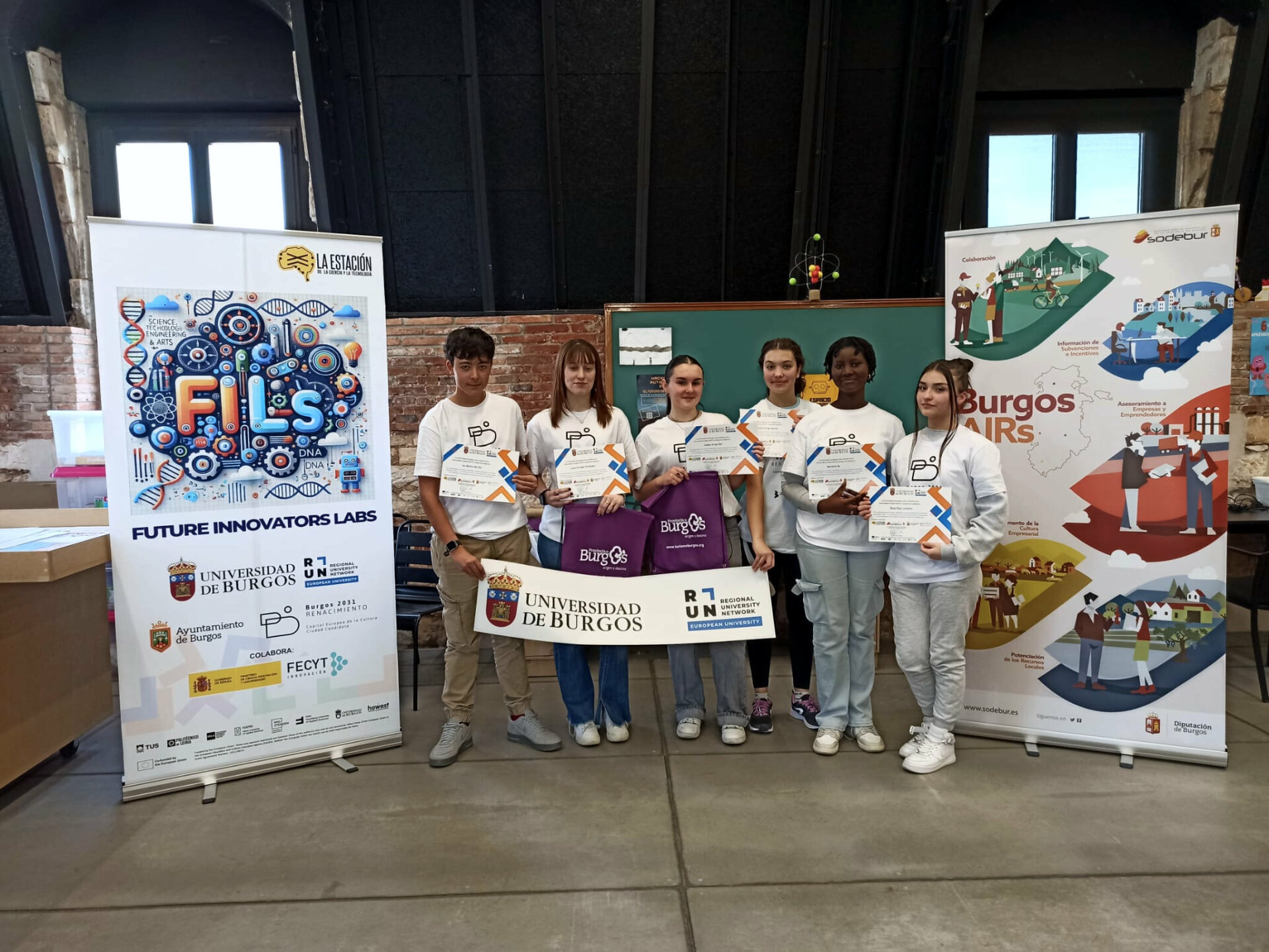
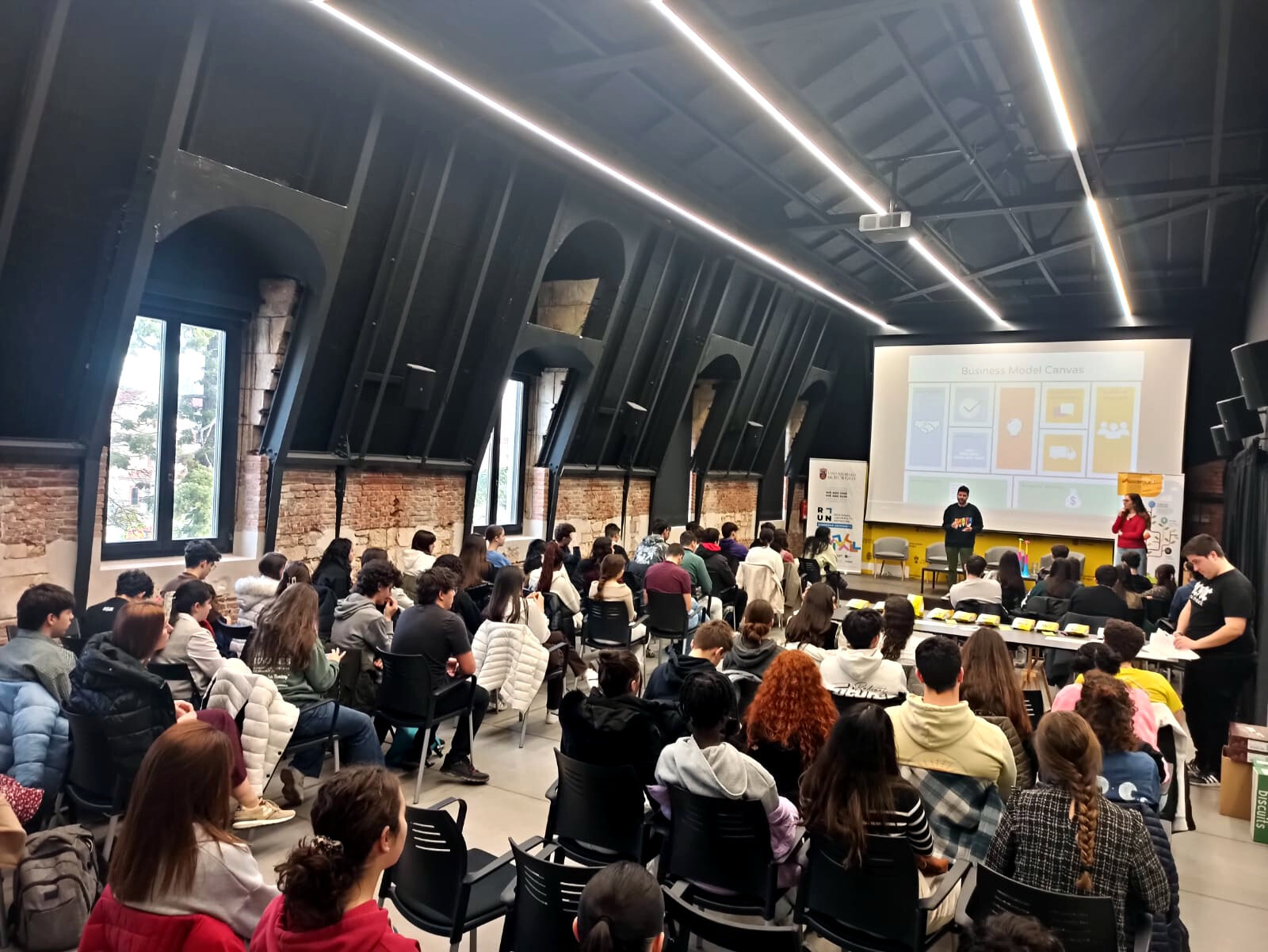
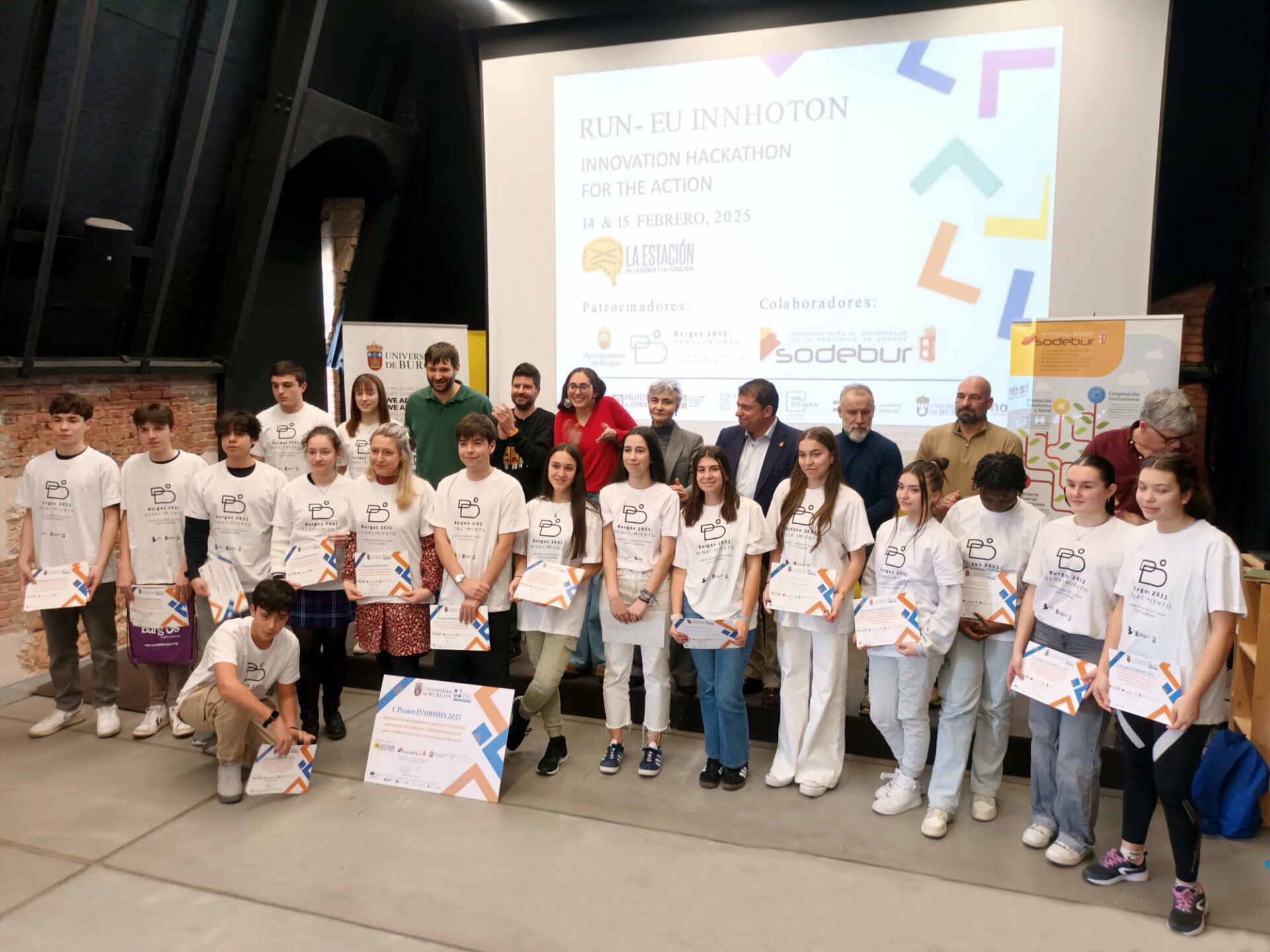
RUN-EU Innothon: Empowering Future Leaders to Innovate in Sustainable Tourism, in Limerick, Ireland

On 25 February 2025, the Technological University of the Shannon (TUS) hosted a RUN-EU INNOTHON event on their Moylish Campus in Limerick, led by Dr Tony Johnston, Dr Noëlle O’Connor and Mr Alex Yu.
The Innhoton was focused on the topic of ‘Empowering Future Leaders To Innovate in Sustainable Tourism’. We were joined by local students from Thomond Community College alongside our undergraduate event management students and postgraduate research students from our Tourism Innovation Research Group. We had 46 attendees at the full-day event, held in our Department of Tourism.
TUS also showcased some sustainable tourism projects, including the Inspire project, which supports refugee entrepreneurship, the UPLIFT project on regional film and literary tourism, and FoodTuristic, which tackles technology and circular economy in food waste. These presentations and workshops provided students with valuable inspiration to develop their innovative ideas.
As always, there can only be one winner: “Roots and Boots” – a fantastic concept aimed at sustaining tourism in rural Ireland. The winning team will now progress to the next stage of RUN – European University Innothon, where they will meet the other partner winning teams for an online workshop to “Empower Future Leaders”.
RUN-EU Innothon: IPCA hosts the first edition, dedicated to the Circular Economy in Barcelos, Portugal
On 25 February 2025, the Polytechnic University of Cávado and Ave (IPCA) hosted the first edition of RUN-EU INNOTHON, an innovative competition based on the hackathon format, dedicated to the Circular Economy and which brought together more than 30 participants, including students from IPCA and the Secondary School of Barcelinhos.
IPCA’s vice-president, Paula Tavares, did the opening honours and contextualised those present about the work that RUN-EU has been developing in the regional and European context, and IPCA’s pro-president for the areas of employment and entrepreneurship, Pedro Melo, also welcomed the participants. Then the work session started, with presentations from experts in circular economy and entrepreneurship, namely Rui Pinheiro, from Set.Up Guimarães, and Luís Ramos, from the company Use and Reuse, both with extensive experience in these areas.
The winning team was the one from the “Recycling Smart” project, which dedicated itself to solving the challenge “Smart Waste Management in Riverside Areas”.
The proposal, developed by the team composed of students from Barcelinhos Secondary School – João Moreira, Afonso Ferreira, Emanuel Costa, Rodrigo Torres, Bruno Araújo, and students from IPCA – Thaís Souza and Tiago Araújo, involved the conceptual development of a smart waste bin with the aim of monitoring and making waste separation and collection more efficient, thus providing a solution that minimises the impact of waste on the riverside area of Barcelos.
The winning idea will, after, be presented at an online event that will bring together the winning ideas from all the INNOTHONs carried out by RUN-EU partner institutions.
This first edition of RUN-EU INNOTHON at IPCA proved to be a dynamic space for learning and collaboration, encouraging innovation and sustainable thinking among young people in the region.
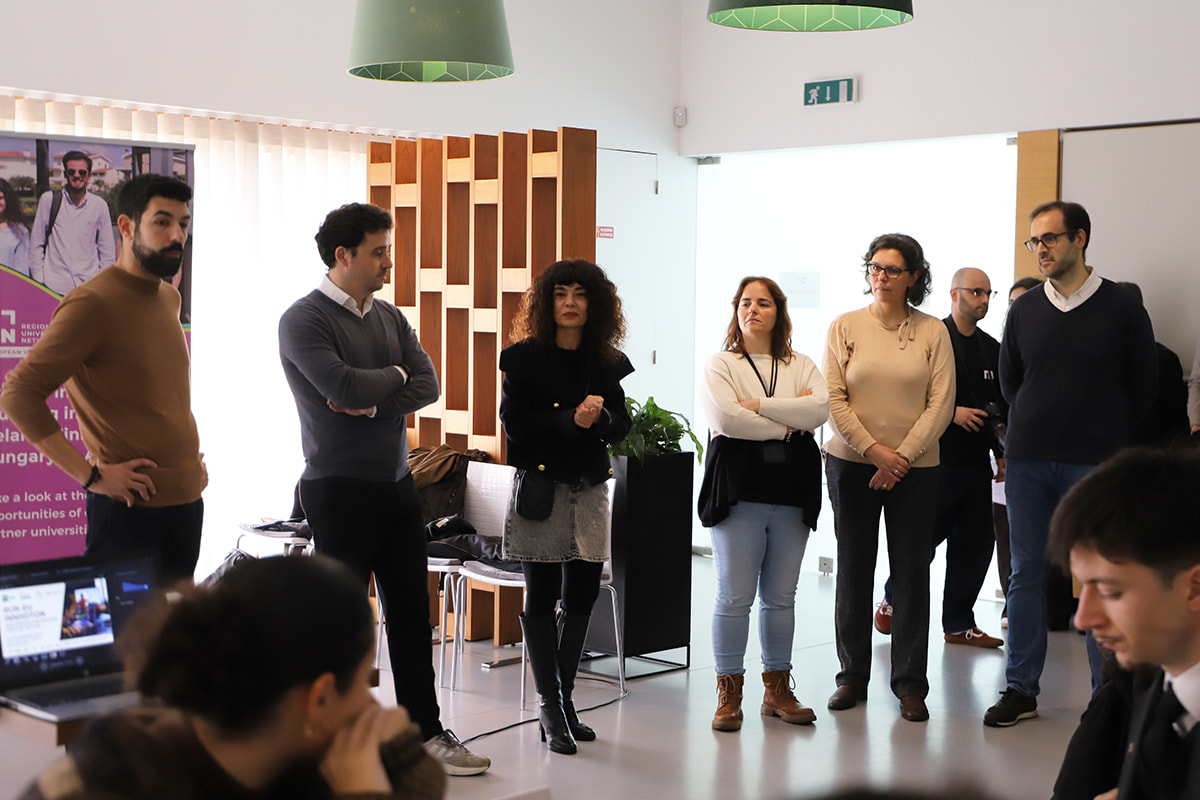
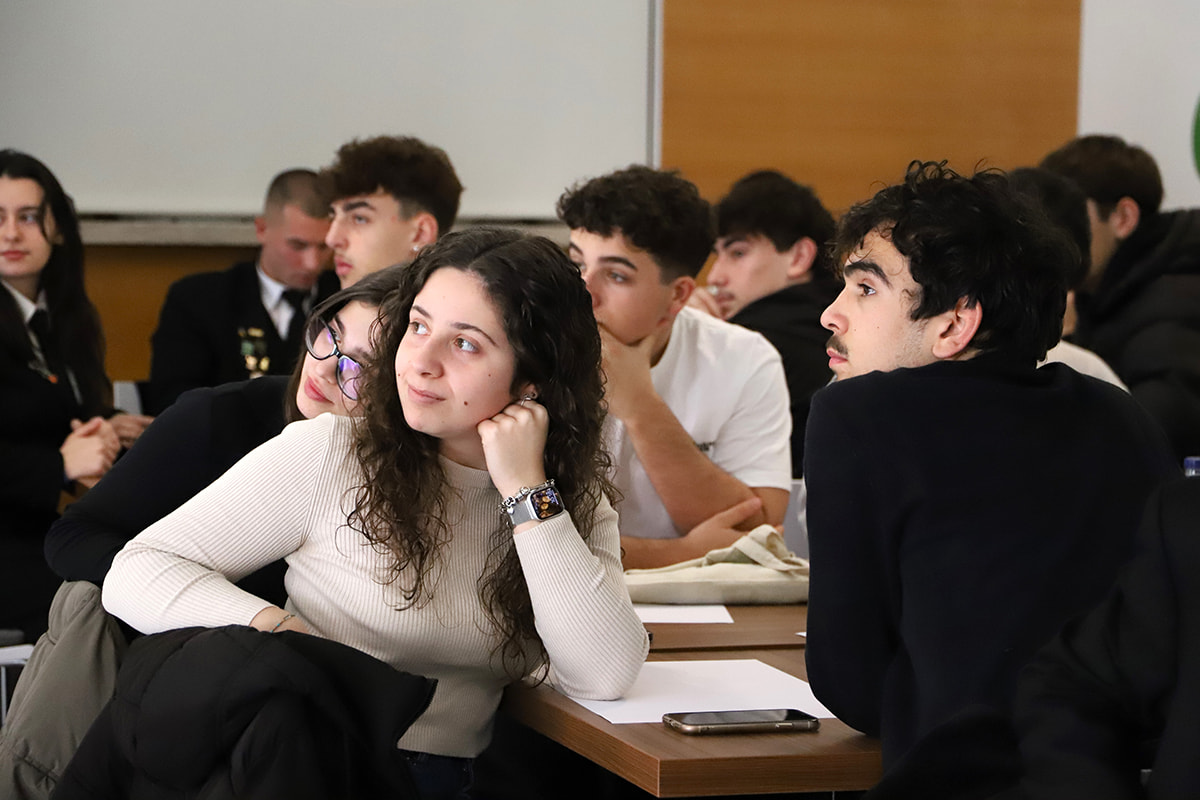
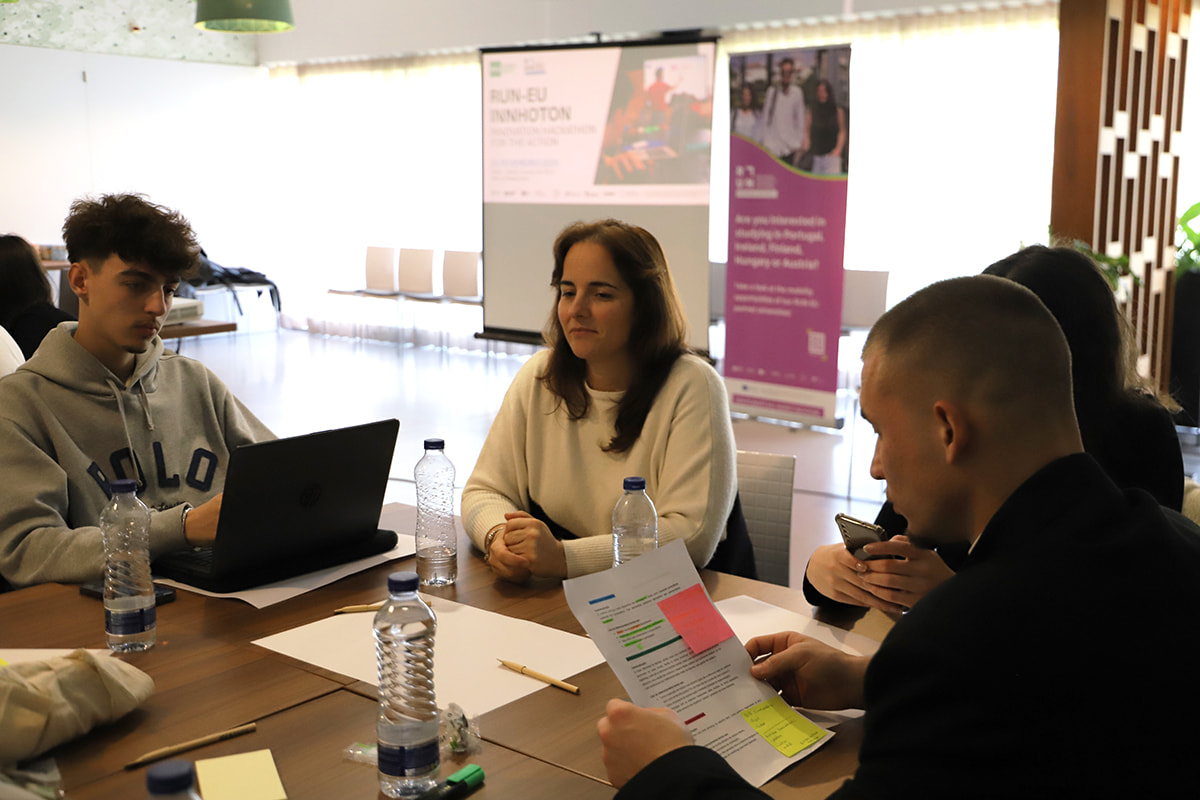
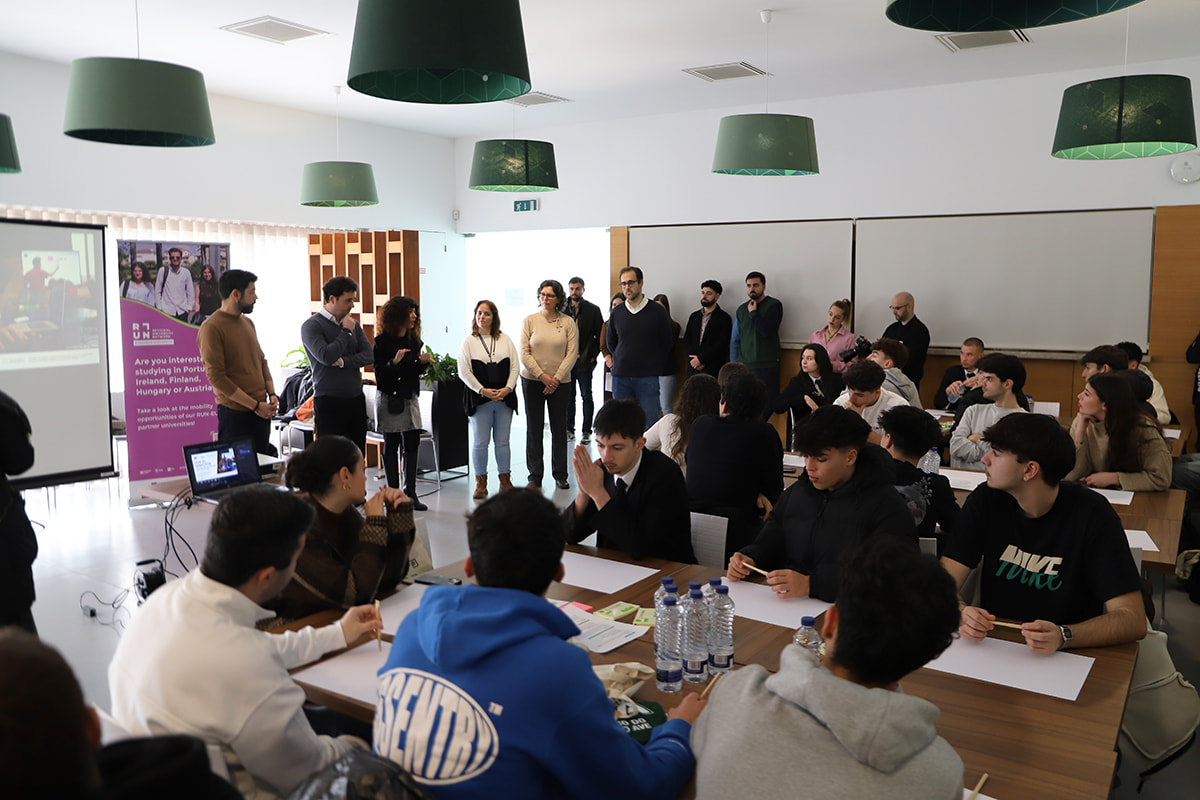
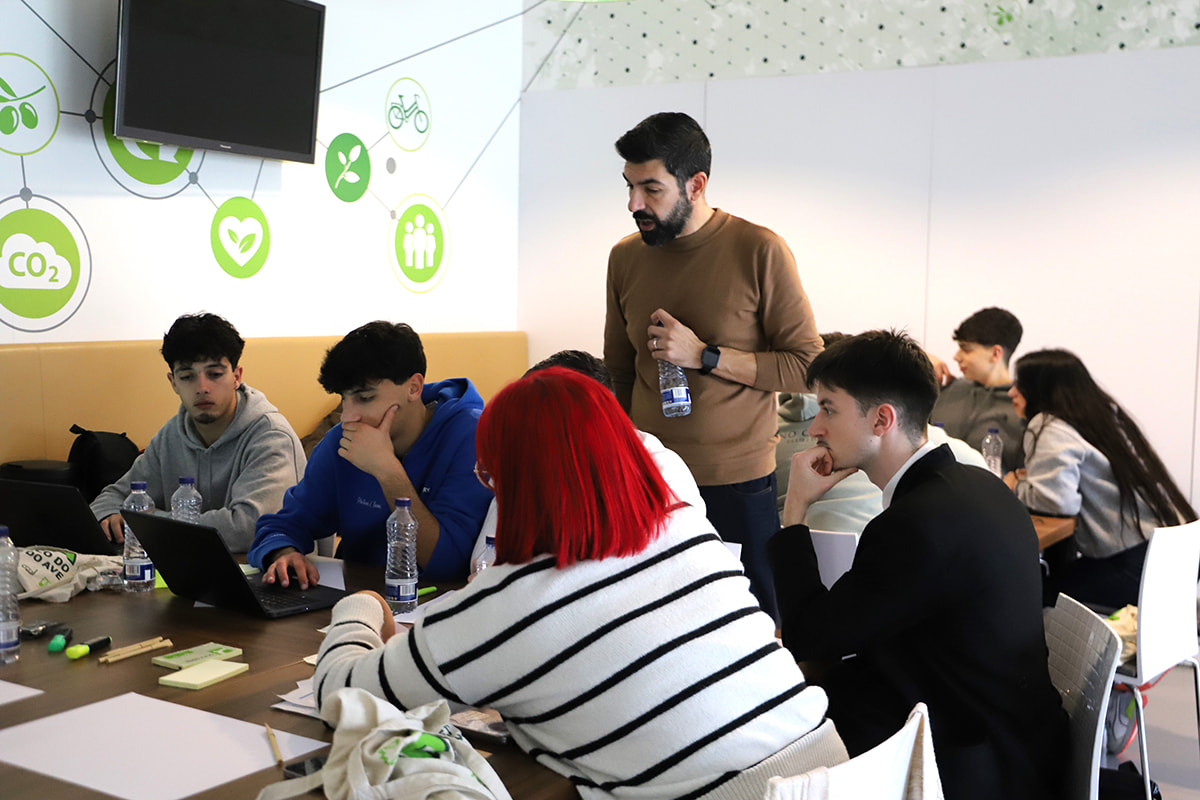
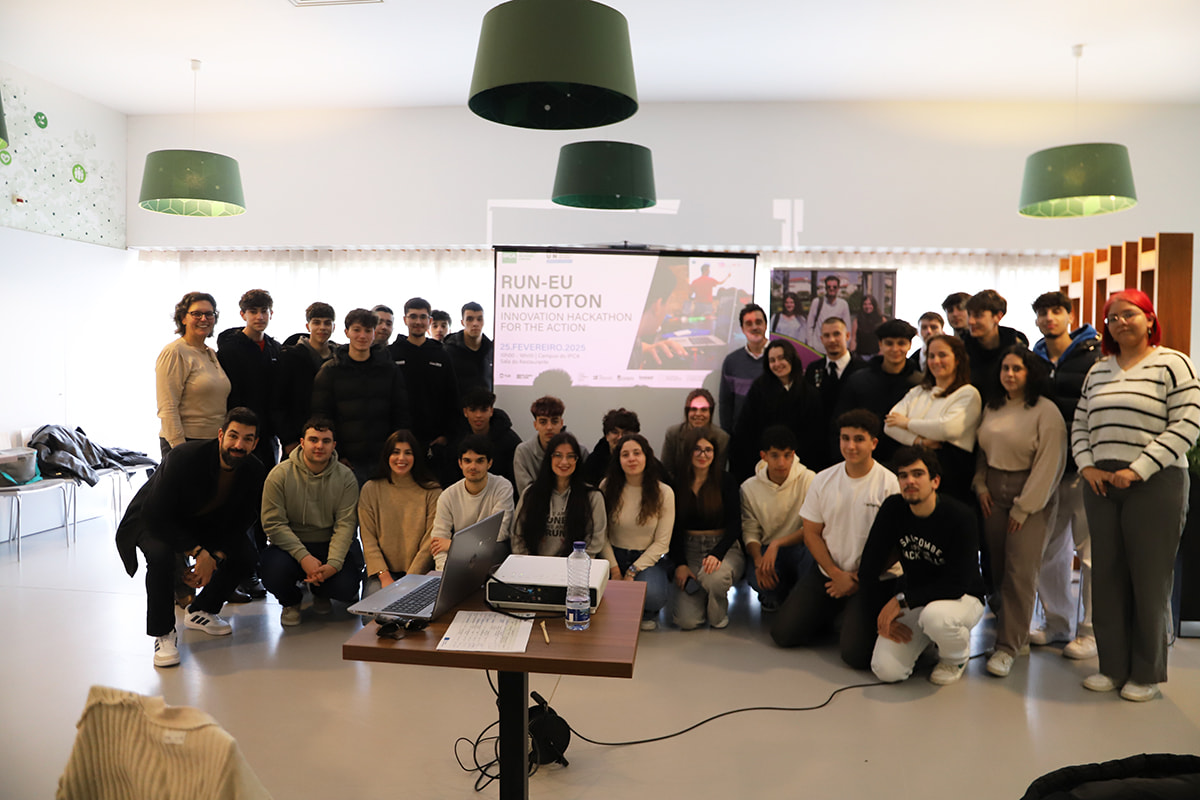
RUN-EU Innothon at FHV: Young Minds Shaping the Future of Circular Economy
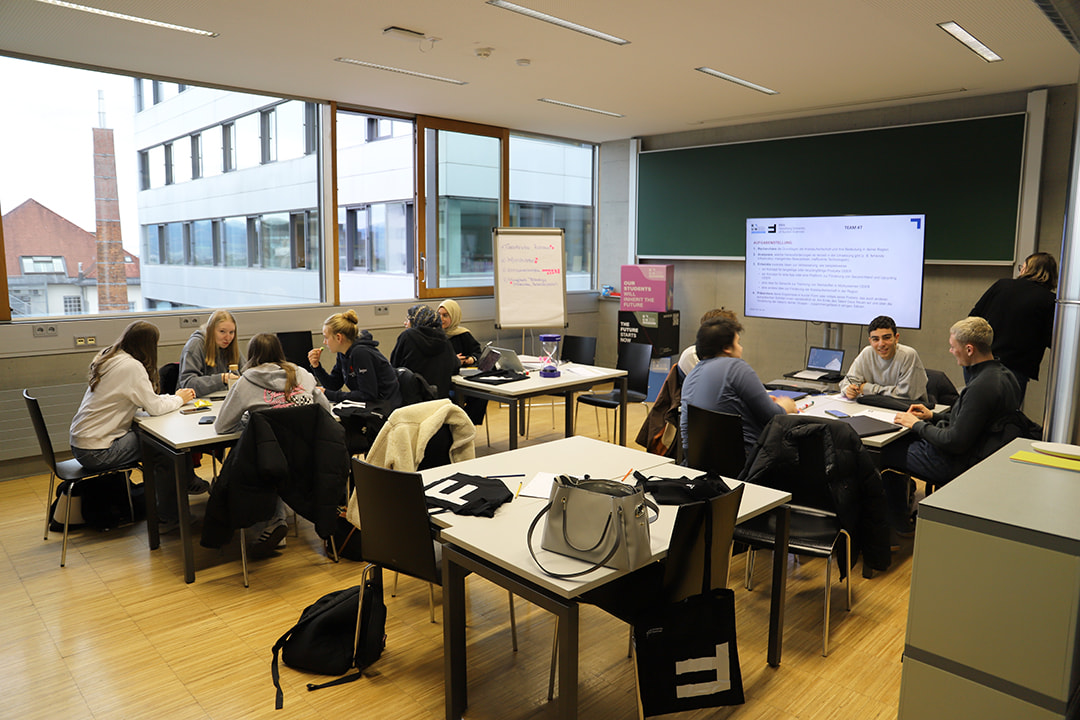
Nearly 150 upper secondary students from Austrian schools took part in an interactive innovation event hosted at the Vorarlberg University of Applied Sciences (FHV), exploring solutions around the topic of AI & Sustainability. As part of this large-scale event, RUN-EU led a dedicated Innothon, engaging a group of motivated students from the upper secondary school BORG Lauterach in a real-world challenge on the circular economy.
Throughout the workshop, students investigated regional challenges and developed an idea to foster circular practices in their community. The result: Green Points – a concept for a mobile app that rewards sustainable actions and encourages circular behaviour. The idea was presented through a visual poster and received strong interest from peers and facilitators.
By empowering young people to co-create solutions for real challenges, RUN-EU continues to strengthen its commitment to innovation, regional impact, and future skills development.
RUN-EU Innothon at IPLeiria: Innovation Hackathon ‘Challenges of Circular Economy’ in Alcanena, Portugal
The Innothon – Innovation Hackathon for young innovators and entrepreneurs took place on Friday and Saturday, 21 and 22 March 2025.
It was jointly organised by the Polytechnic University of Leiria, the Centro de Ciência Viva do Alviela, and the Alcanena (Secondary) Schools Group. It took place at the Alviela Ciência Viva – Live Science Centre in Alcanena, at the centre of Portugal.
Working in teams, the participants dealt with several challenges for 24 hours. They presented proposals to tackle real-world challenges related to the circular economy. All teams were composed by a member mix from Alcanena Secondary School students and Polytechnic University of Leiria. Each team formed by 5 or 6 members had more Secondary School students than University ones and the participants only knew the team composition at the beginning of the challenge.
This activity was part of the Programme scheduled between Polytechnic University of Leiria and Alviela Ciência Viva – Live Science Centre – the Future Innovators Lab (FIL) of IPLeiria for RUN-EU. Future Innovators Labs (FILS) like this one, provide an environment where creativity, problem-solving, and critical thinking can thrive.
This event was held within the framework of RUN-EU. This is a network of European Universities of which the Polytechnic University of Leiria is a member. Similar events were also organised in various European countries where RUN-EU is represented. The term “Hackathon” was initially used in IT companies. These events gathered groups of “hackers” for hours, days, or even weeks to tackle a common challenge set by the organisers. Early hackathons typically involved programming marathons to solve a shared problem. In this case, the common challenge was within the domain of Innovation. Participants worked together for 24 hours to propose solutions applicable to the Circular Economy. The students really enjoyed the experience of working together and were keen on participating again in a next challenge.
